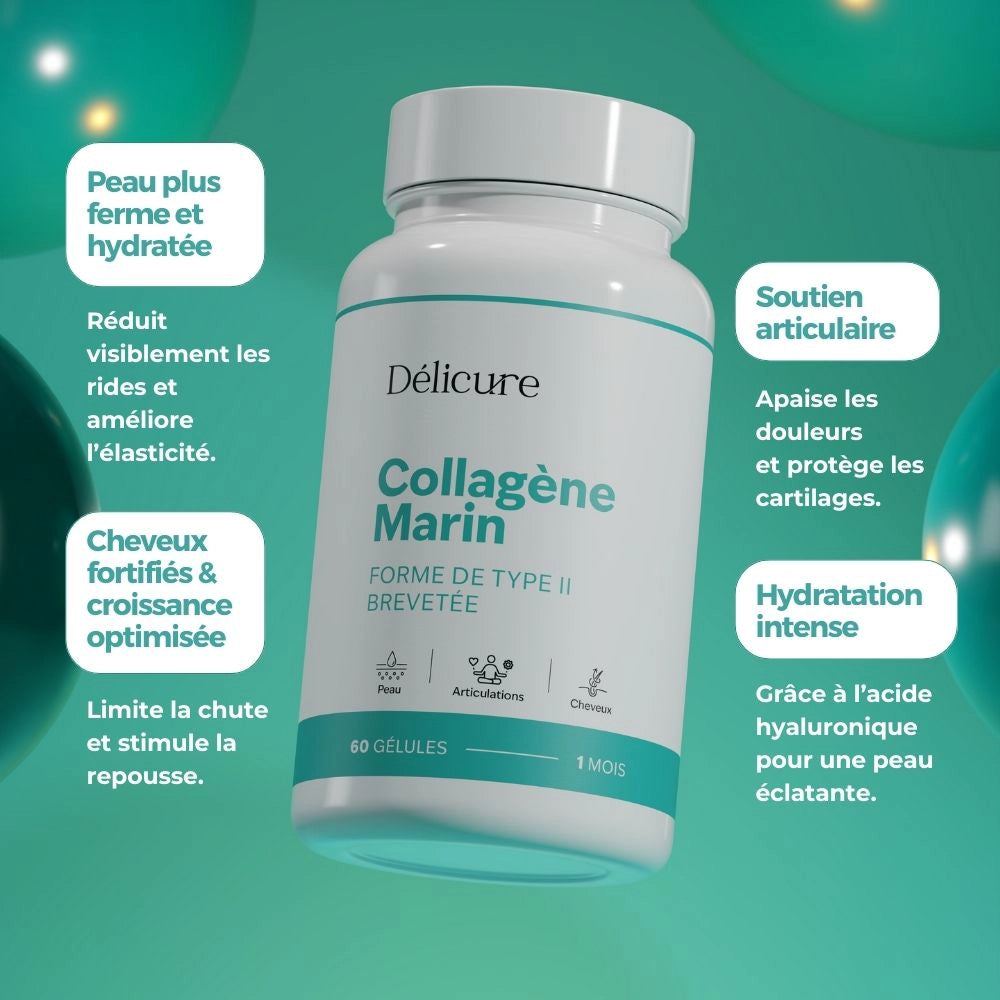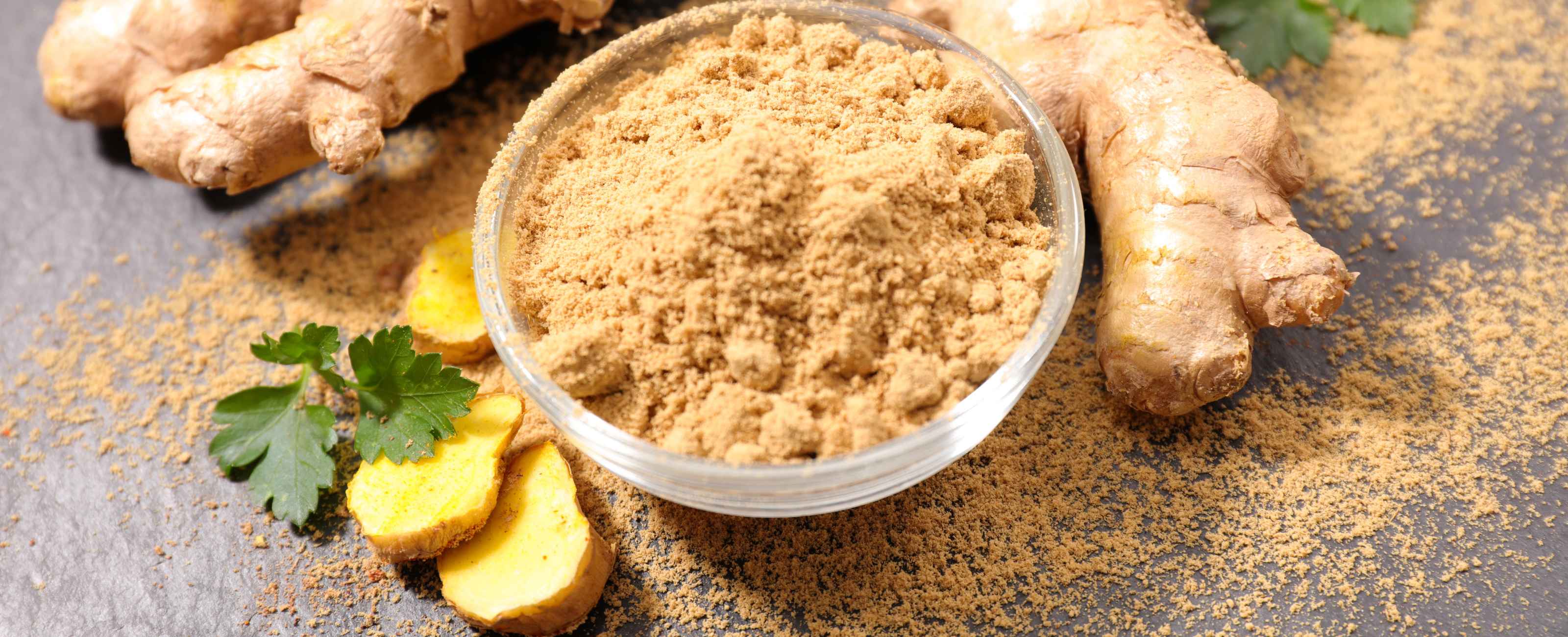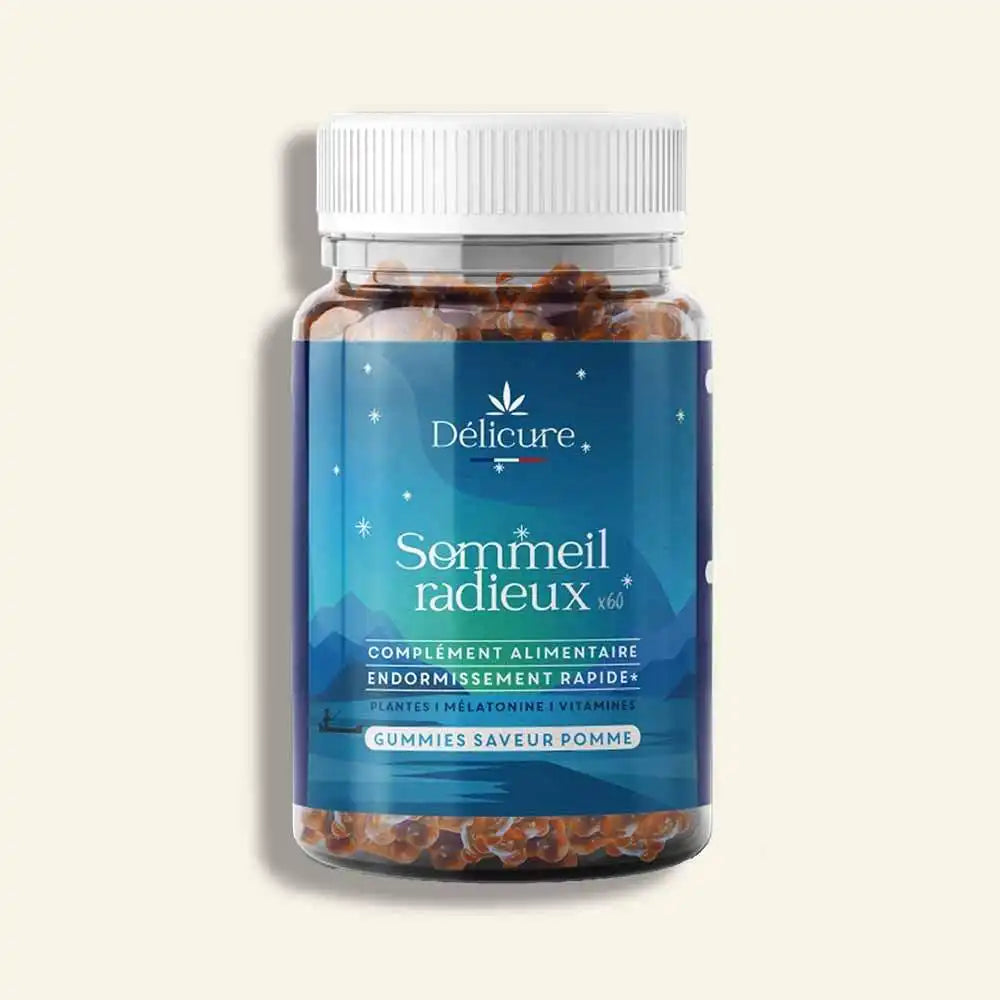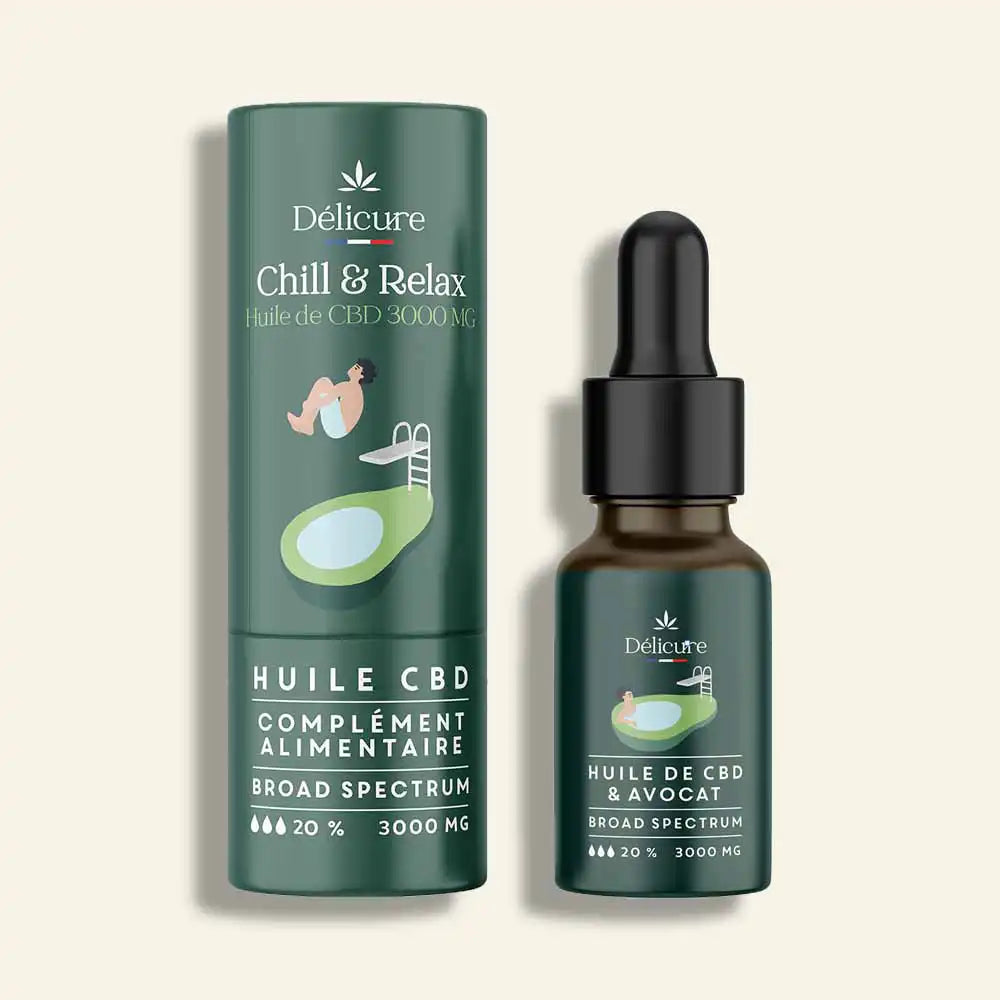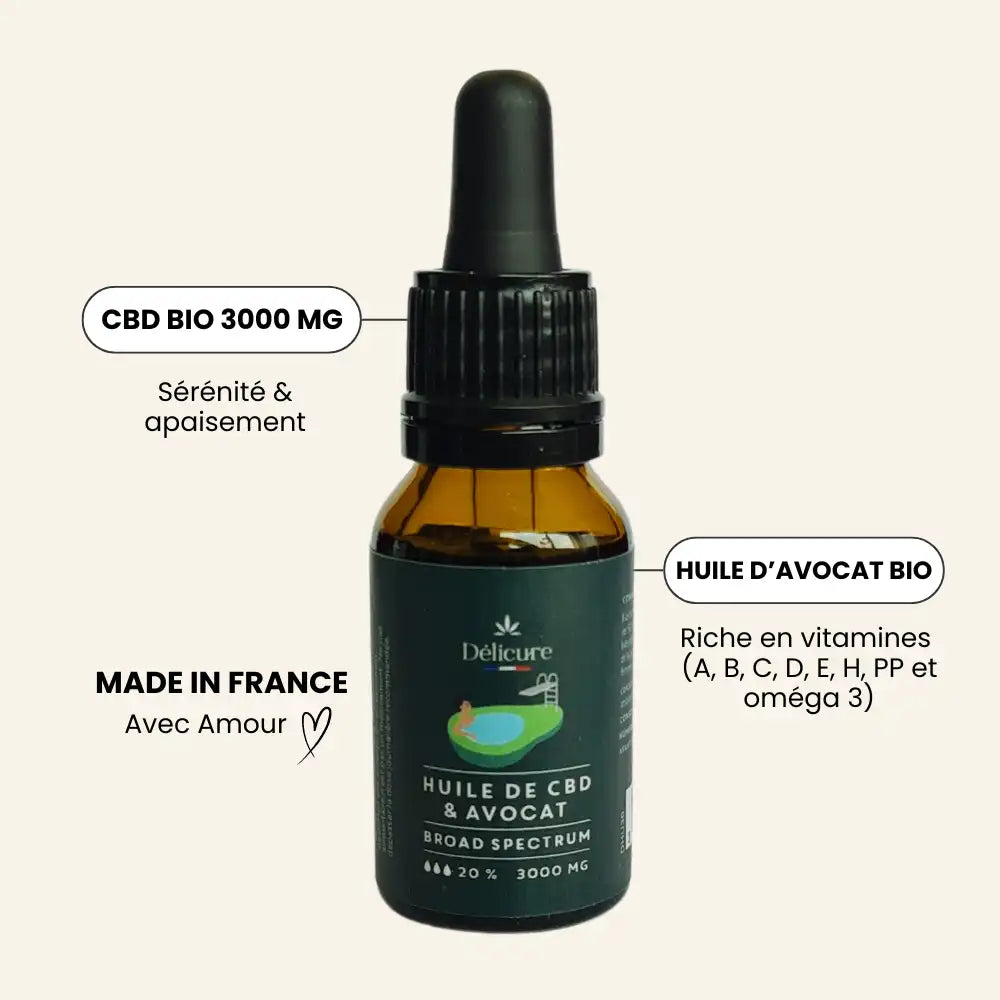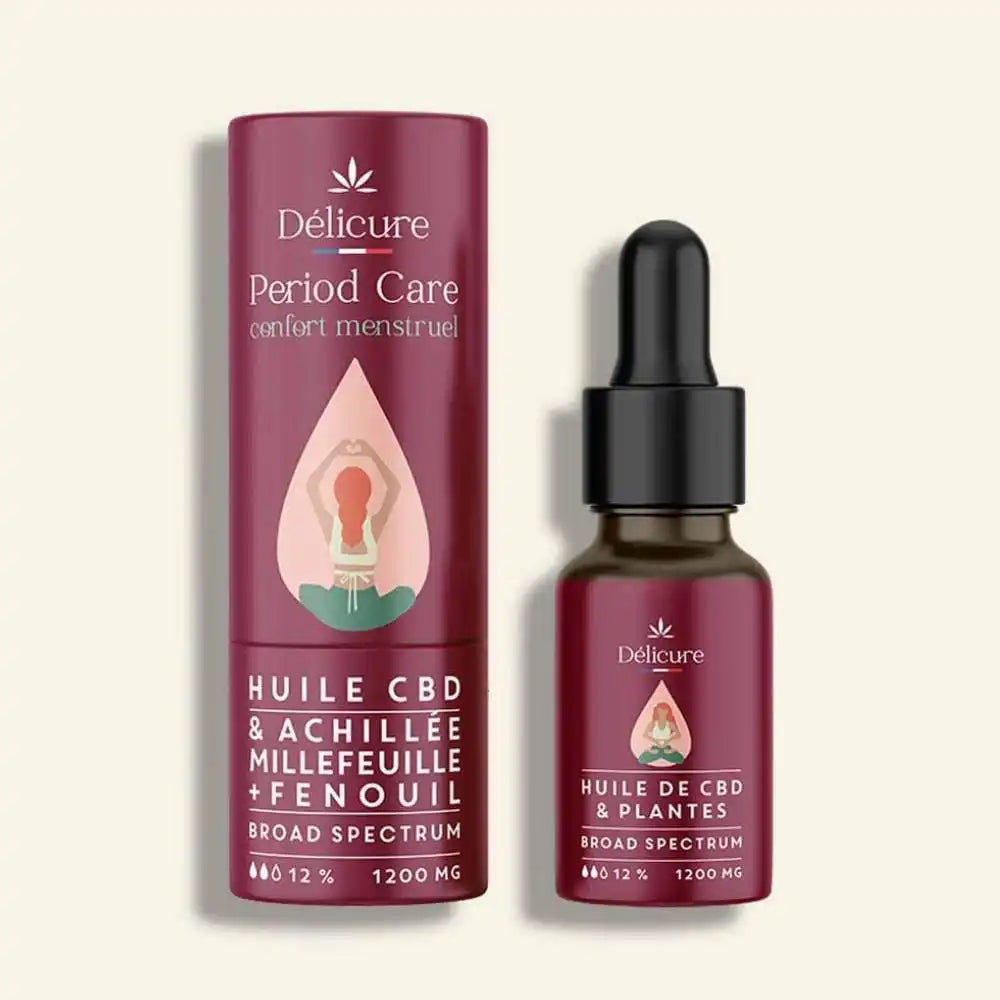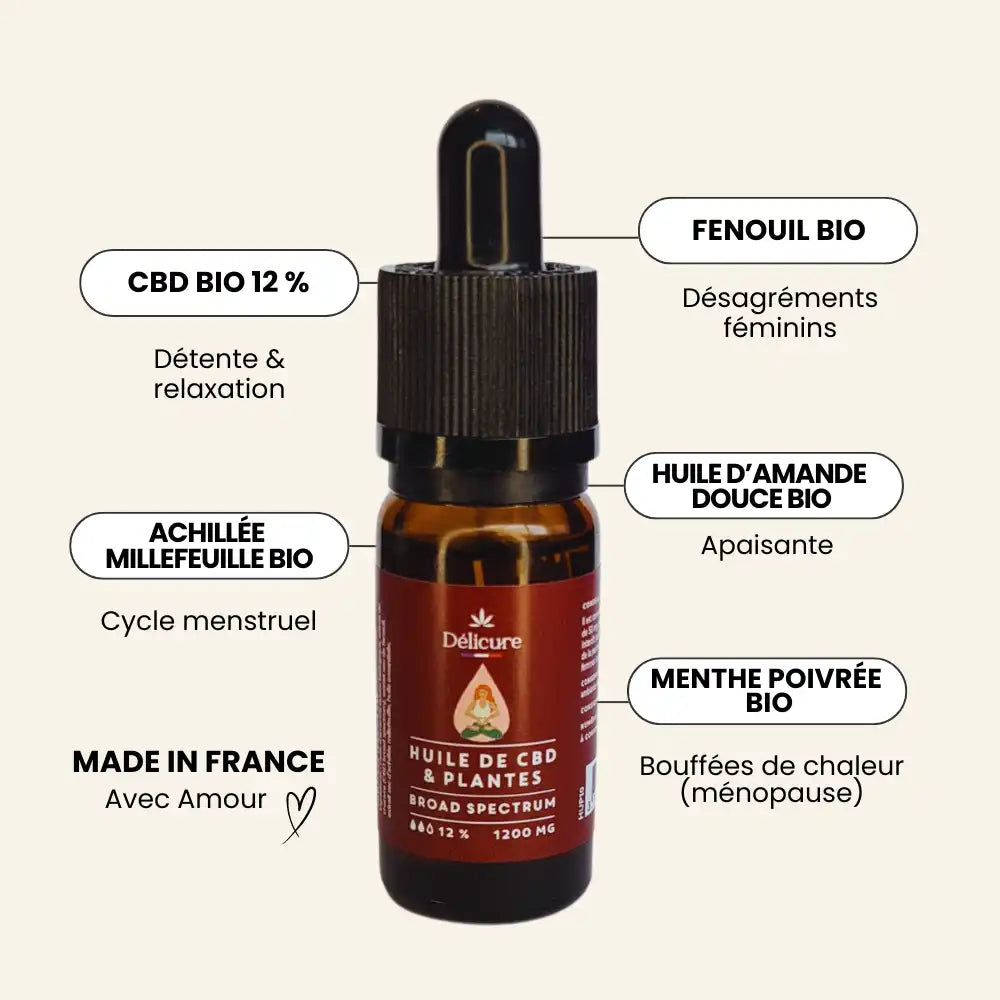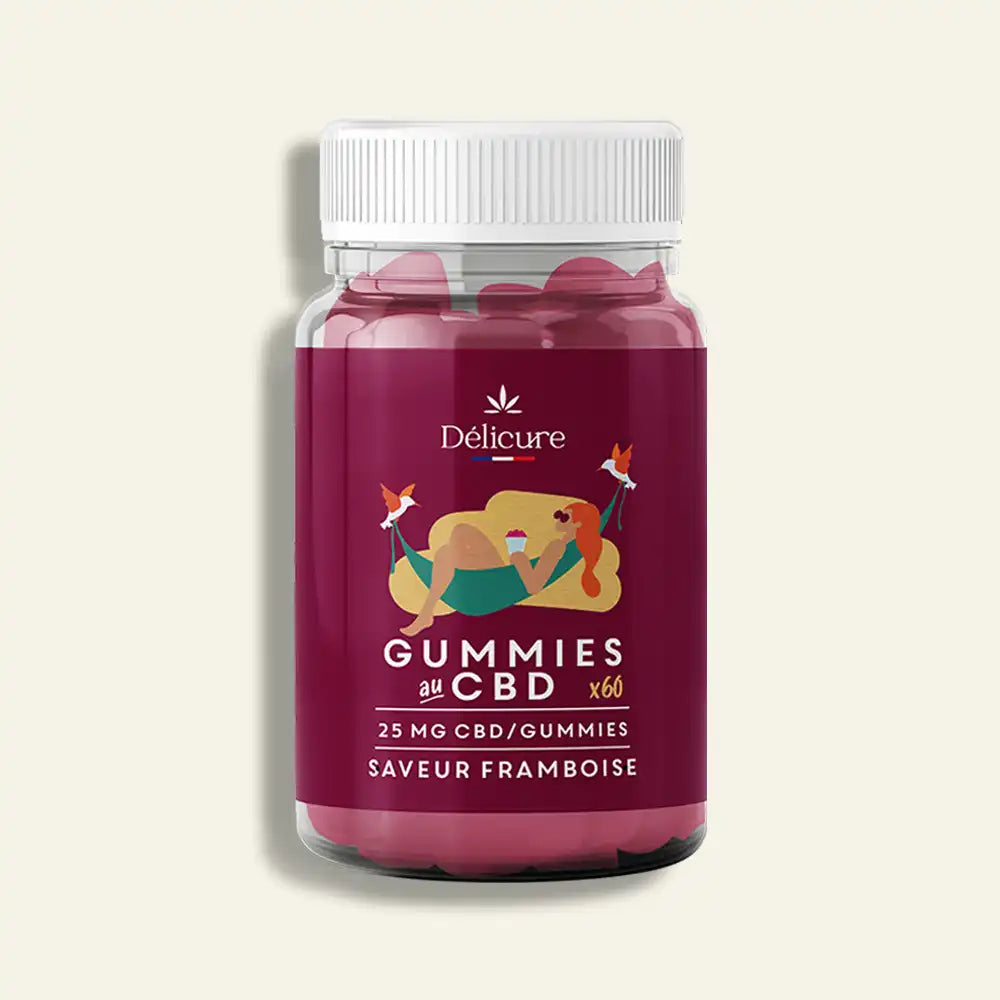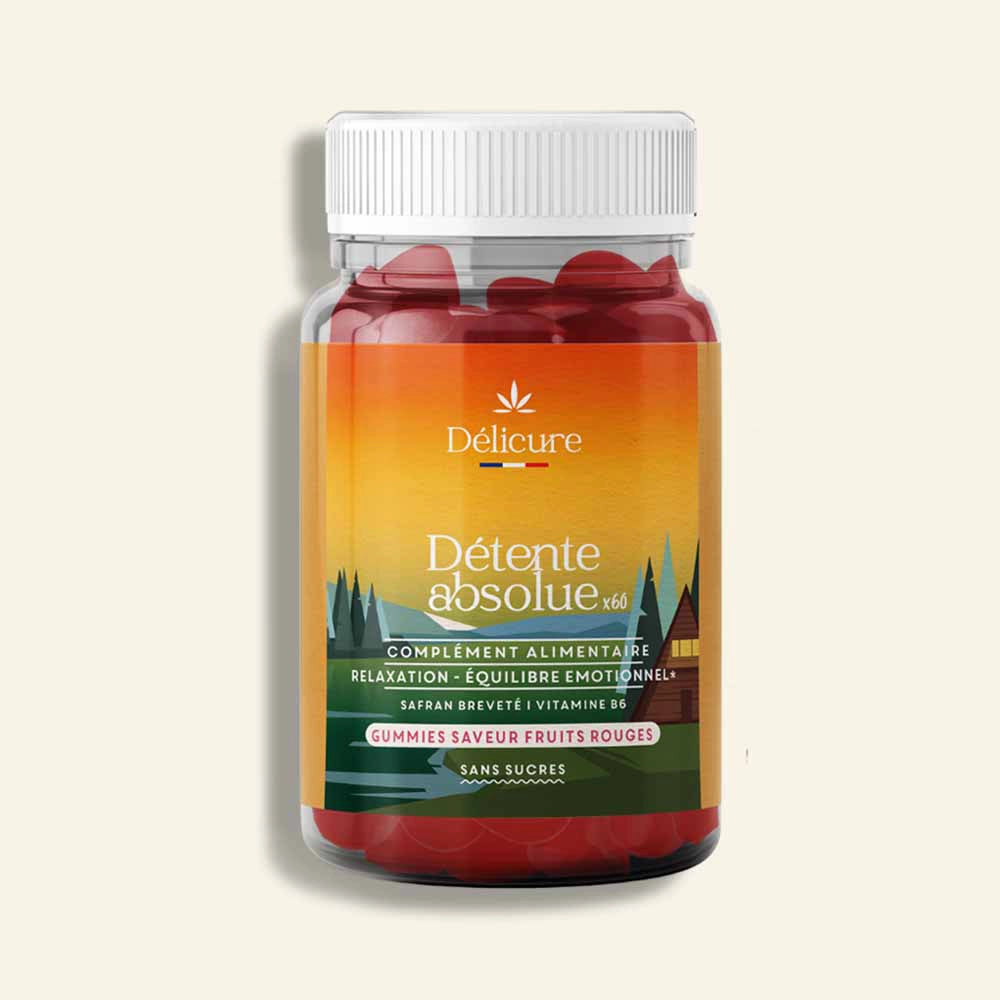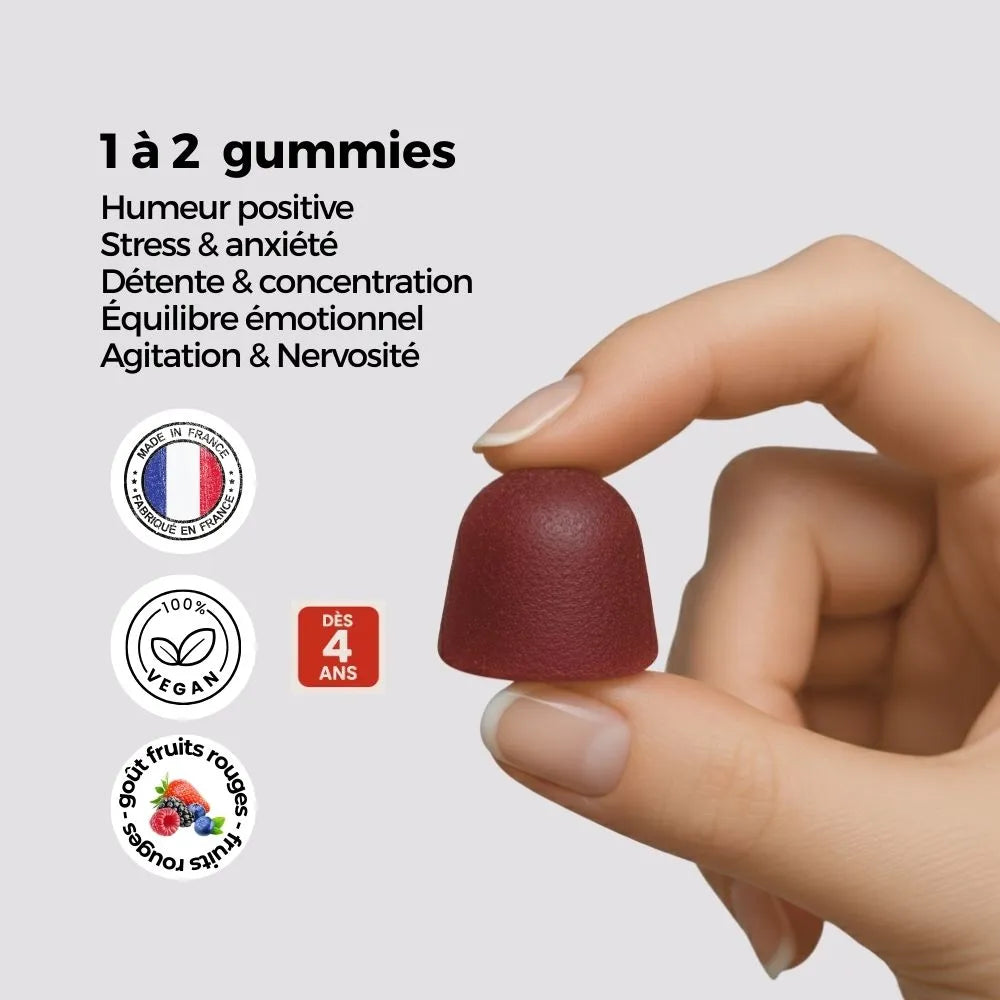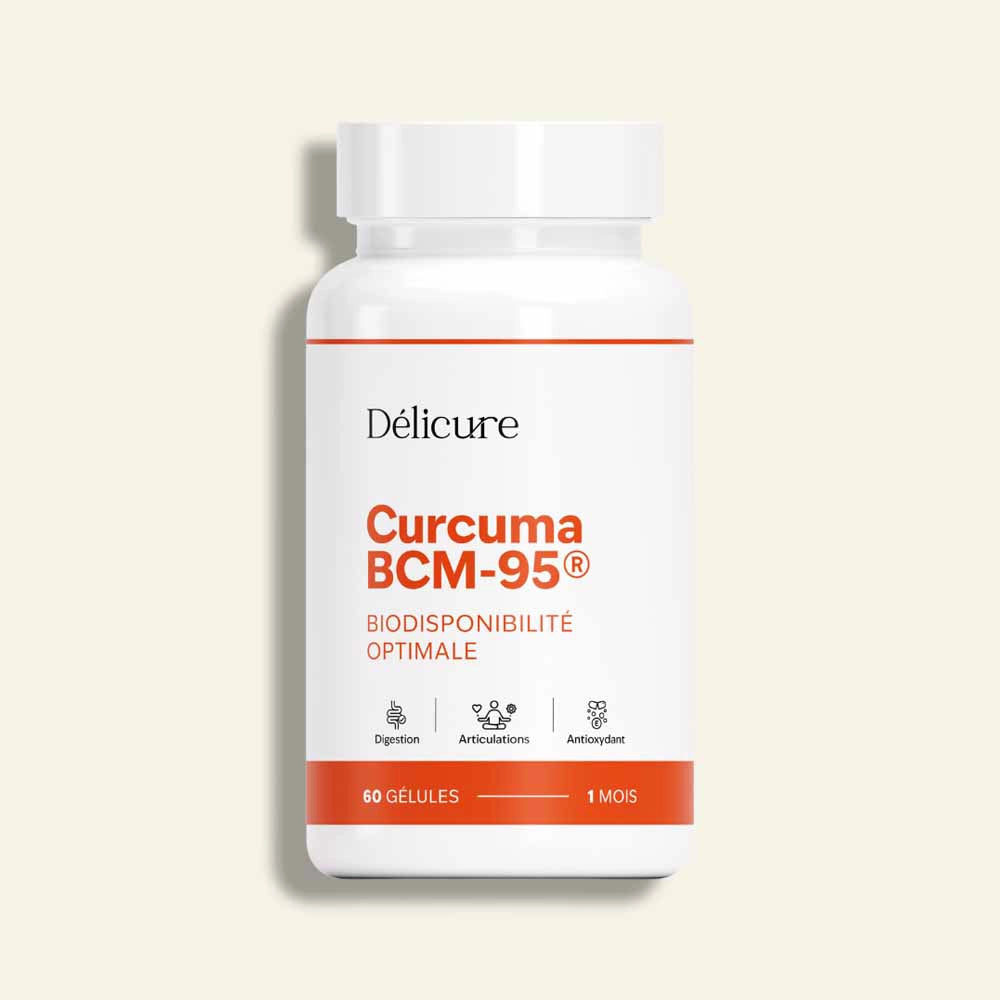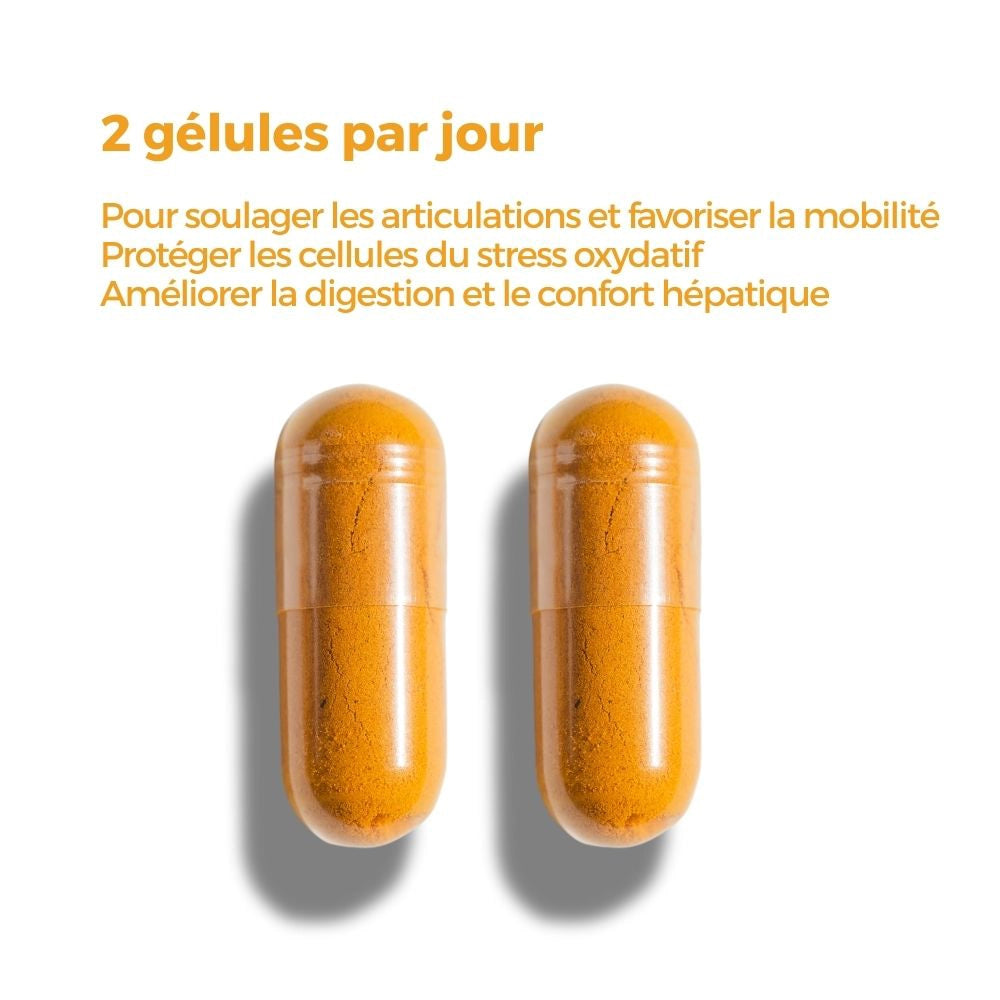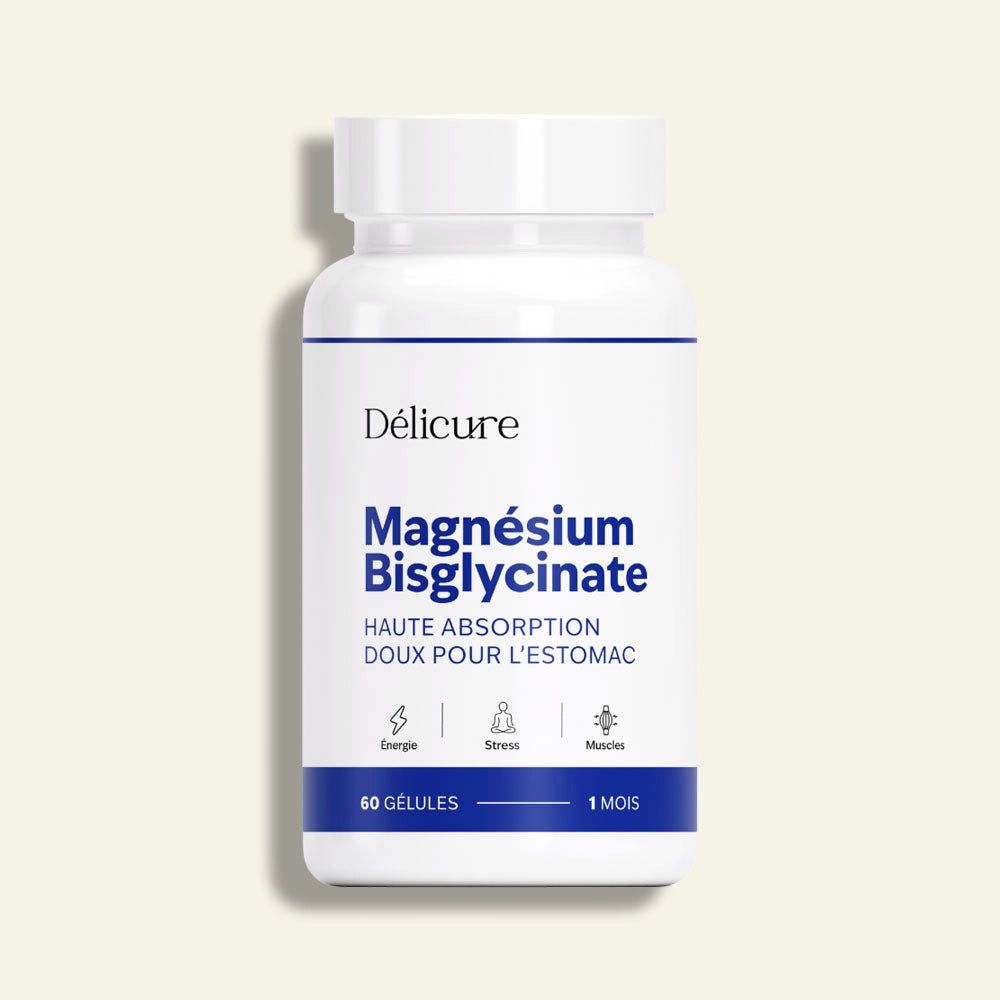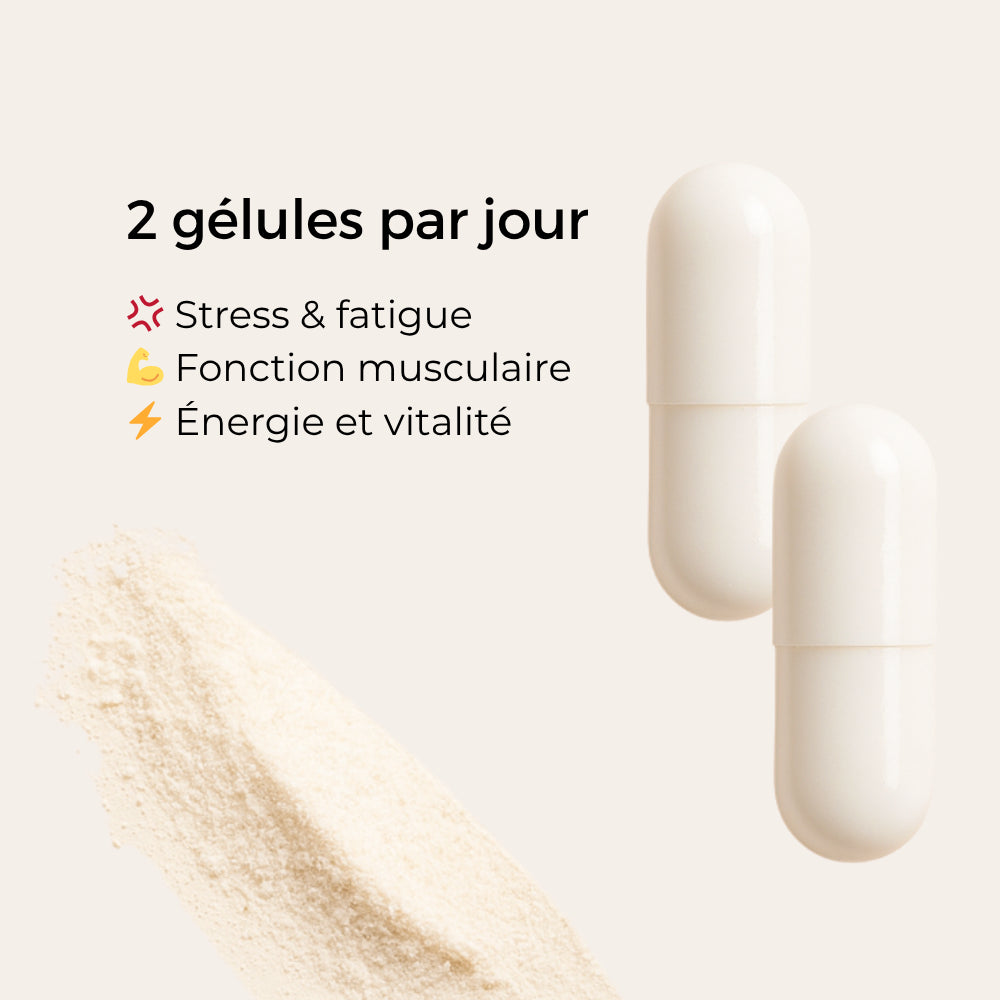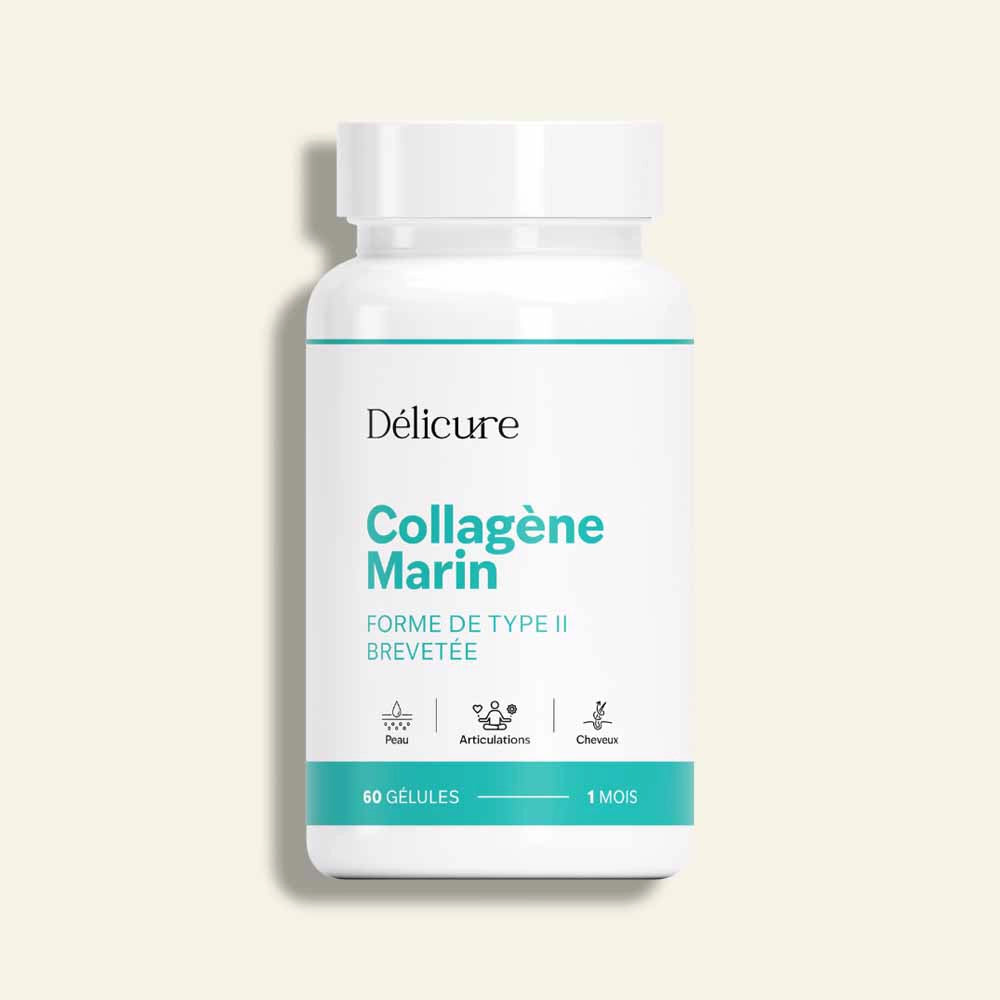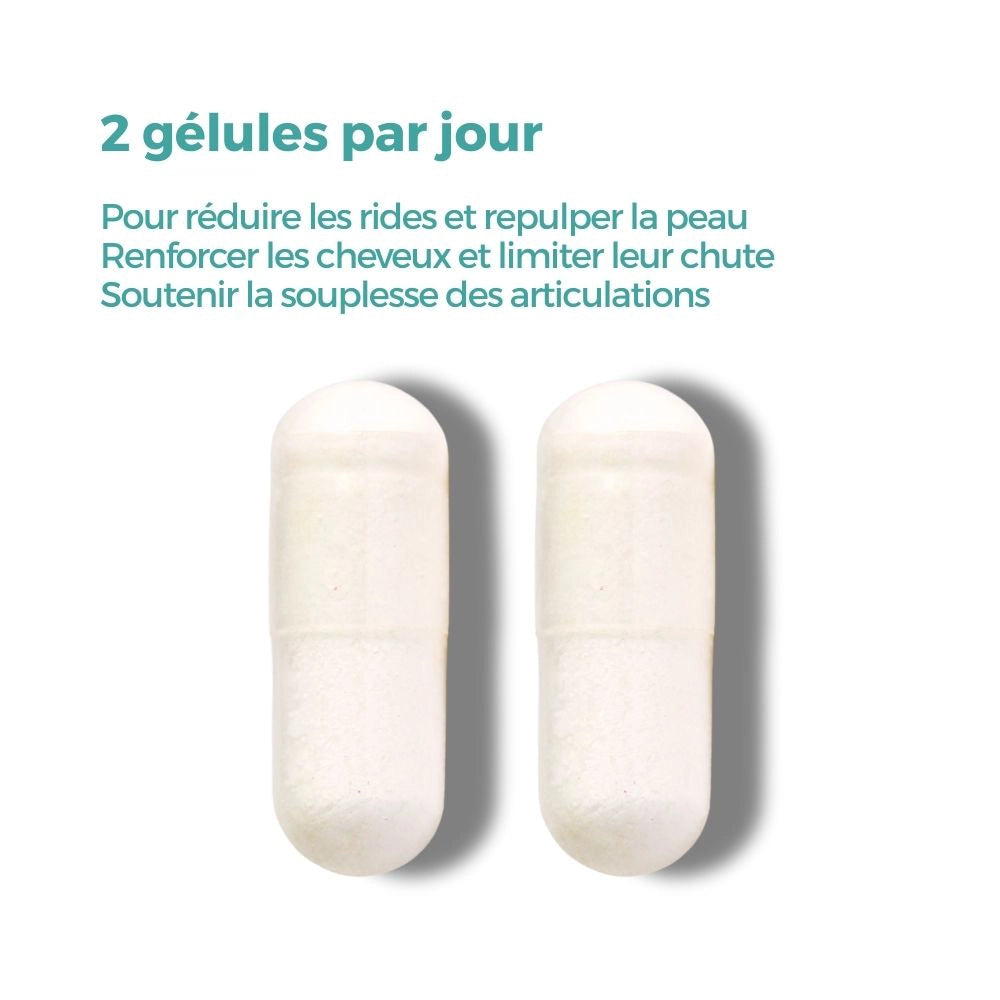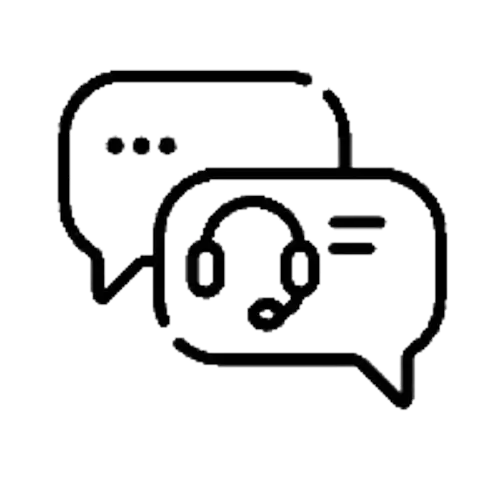
What are the health benefits of napping?
Napping is a moment of physiological rest to regain energy and vitality. It is an excellent natural practice for health, which corresponds to a decrease in alertness and the cyclical drop in body temperature.
Naps are often taken in the early afternoon, when a need to doze off is felt (drowsiness, yawning, itchy eyes, etc.). However, they do not compensate for lack of sleep.
Naps are not considered necessary, and may not be suitable for everyone. But in case of temporary fatigue, they help to stay fit and improve awareness and attention.

What are the health effects of napping?
Napping is full of health benefits, both mentally and physically. It promotes relaxation, improves digestion after meals and increases productivity for the rest of the day. In addition, it helps to optimize memory, attention, mood and overall performance. After just a few minutes of rest, the brain can reach its full potential.
Taking the time to take a nap also supports cardiovascular health by helping to regulate high blood pressure. Thus, it plays a preventative role in the onset of heart disease. Just like a good night's sleep, napping helps relax the body and its muscles, reduce stress-related hormones and strengthen the immune system. In other words, it is a real asset for maintaining overall balance and preserving your health on a daily basis.

How long is a nap?
There is no ideal length of time to take a nap, nor even an ideal length of time to sleep , it all depends on each person's needs.
Taking a very short nap (micro-nap) lasting 5 to 10 minutes is recommended in cases of sleep deprivation or during work periods. It is beneficial for calming the mind and reducing stress.
The 20-minute nap is ideal for regaining alertness without altering nighttime sleep. It is recommended to practice it 3 to 4 times a week.
It consists of slow and light sleep, which makes it easy to return to your activities as soon as you wake up. It is perfect for people with exhausting or stressful jobs, long days, and who get up early or go to bed late.
A nap of 1 to 1.5 hours is, for its part, preferred on weekends in case of a significant lack of sleep. Beyond this duration, there is a risk of going from light slow-wave sleep to deep slow-wave sleep. The sleep cycle being well underway, it is very likely to have difficulty waking up and resuming the course of the day. This can also affect the next night and lead to insomnia.
Tips for taking a restorative nap
First, to avoid taking too long a nap, it is better to set a stopwatch or an alarm (5 to 10 minutes at work for example).
Naps should not be taken late in the day or early in the evening as they may disrupt the night ahead. The ideal time is late in the morning or during the day.
In terms of position, the best is to lie down, or sit without tension points on a comfortable chair and rest your head to one side or your forehead on crossed arms.
Naps should not be a substitute for a good night's sleep. Indeed, sleep is an essential component of health to ensure the proper functioning of the body and regulate vital functions.
In case of difficulty falling asleep, night waking or insomnia, Délicure offers a natural and vegan food supplement in the form of gummies. They are composed of melatonin (sleep hormone), vitamins (B5, B6) and relaxing plants (lime blossom, passion flower and poppy). Taking two gummies in the evening, 30 minutes before going to bed, helps you fall asleep more quickly and get quality sleep.
This product does not cause any side effects or health risks.


